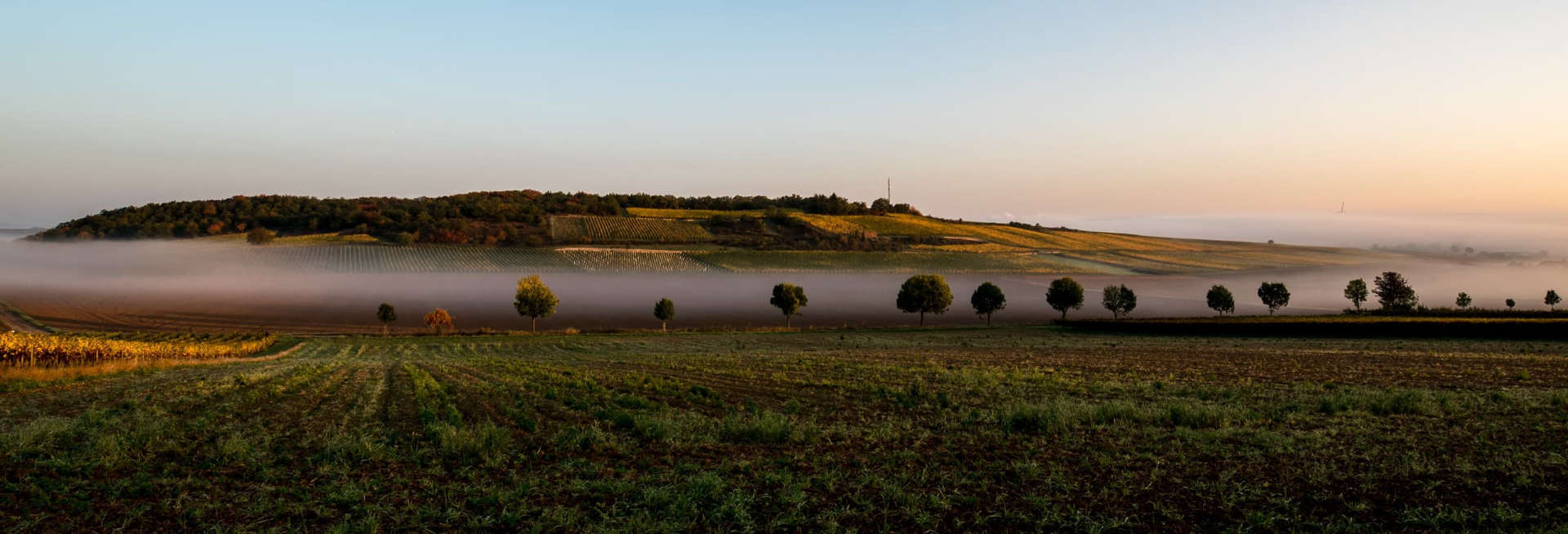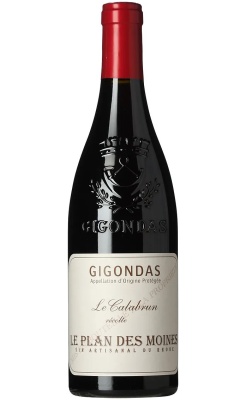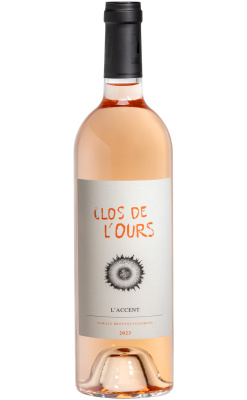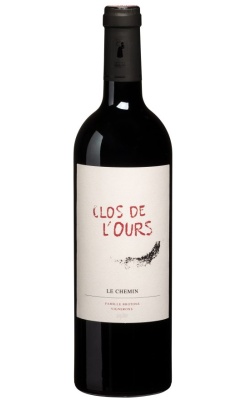Clonal Selection Syrah
Learn More About This Wine
In 2012, owner Richard Kershaw MW, established Kershaw Wines to create clonally selected, site-specific, cool climate wine paradigms from opposite noble grapes i.e. ones with the ability to produce world-class examples. South-Africa’s coolest wine district, Elgin Valley, reflected these principles benefitting from higher altitude, ocean proximity, specific cloud cover sequencing, high cold units and a large diurnal range, enabling the germane grapes, Chardonnay, Syrah and Pinot Noir, to show a sense of place.
In 2019, cold units that allow much-neede respite for the vines to sleep were the best for five years. Spring rainfall was less than usual, which eased disease pressure. Still, gusty, localised conditions damaged some of the young shoots and flowers but were sporadic,leaving lower yields on some parcels. It became unusually warm towards the end of October. It cooled down dramatically in November. Later in December, regular rain showers and cooler conditions were more positive. From January through to the end of March, the summer was generally cooler than average. The cooler weather helped the vines accumulate flavour more gradually, and cooler nights helped retain acidity. This led to a delayed harvest for Syrah and some lower alcohols in bottles. The resulting wines achieved good colour and good phenological ripeness, with elegant structure and both optimal sugar and acidity levels.
Grapes were hand-picked in the early autumnal mornings, placed into small lug baskets and tipped directly into a press before being gently whole-bunch pressed up to a maximum of 0.6 bar or until a low juice recovery of 620 litres per ton was obtained using the Willmes Sigma 5 press. The juice gravity-glowed directly to the barrel without settling. The unclarified juice had no enzymes or yeast added to it and therefore underwent spontaneous fermentation until dry, with malolactic discouraged. The wine rested in barrel for four months before judicious sulphuring and a further seven months maturation in barrel before racking, blending and bottling.
A small number of artisanal coopers were selected from Burgundy and Rhone, with only French oak chosen. Importantly, each clone and soil type are micro-vinified as separate batches. Overall, the average in 2019 was 58% new oak matured in 12 barriques, 7 Puncheon and the rest in breathable eggs.
The nose is an array of black raspberry, crushed black peppercorns, wild lavender, dried orange peel, sea spray and rosemary fronds yet in between lie swashes of sexy Madagascan vanillapod and milled Columbian coffee grounds. Surprisingly full-bodied there is a tightness to the structure; fine powdery texture and density to the sweet yet grippy tannins. There is fabulous acid tension alongside giving the wine length and depth of flavour. Fruits vary from Spiced lemon zest, Japanese green pepper, tapenade, brine, roasted meats, savoury earth and soft dark berries fruit. Still youthful this wine has oodles of complexity and concentration to go for another 6-12 years as the tannins resolve.








